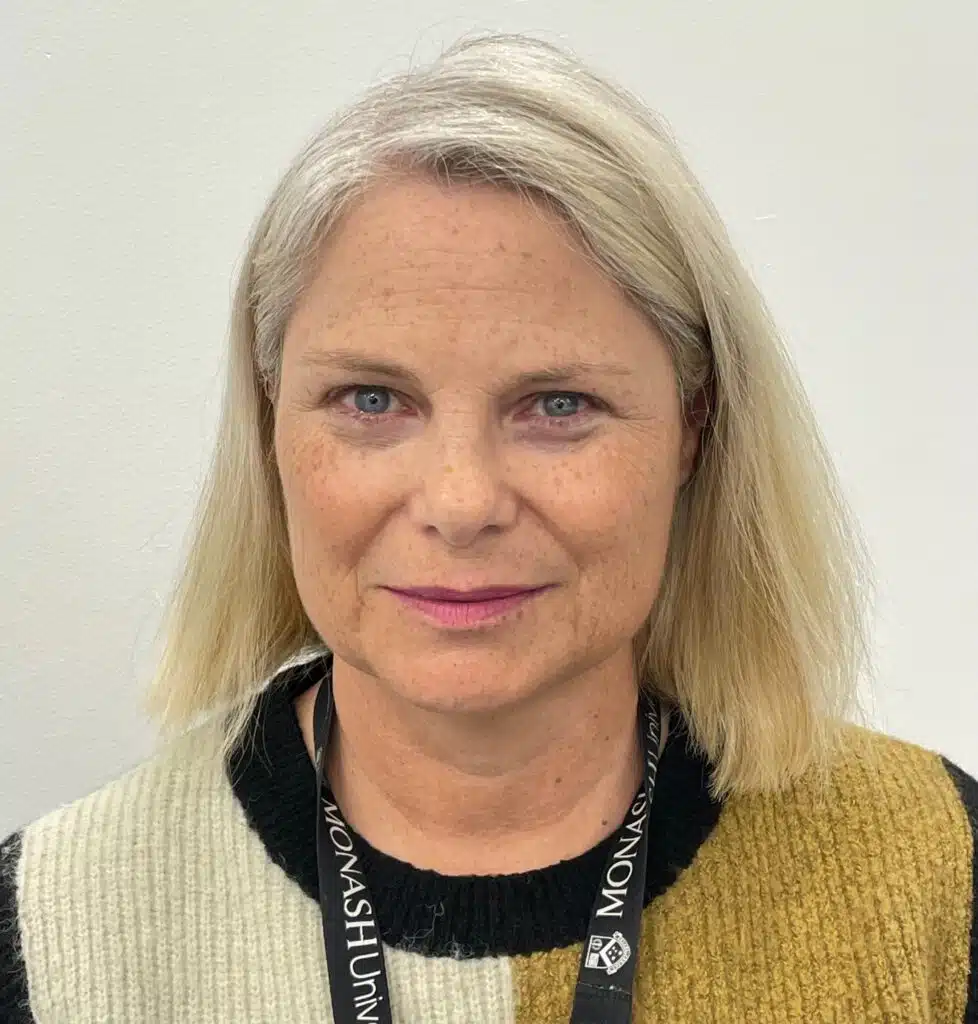

Invited Speaker
Dr Jacinta Waugh
Department of Social Work
Monash University
Leaving care means the state ceases to have legal responsibility for young people in out-of-home care (alternative accommodation for those that cannot live with their parents) (Cashmore and Mendes 2008). Literature emphasises a gradual transition to adulthood and normative social experiences are necessary to counter adverse outcomes for care-experienced young people. Additionally, developmental and environmental resources are crucial in helping them make a successful transition. However, formal support systems may not always provide these resources. Hence, there is a growing interest in what informal support can offer in aiding care leavers’ access to resources to facilitate a smoother transition. In examining how informal social resources may assist in a gradual transition, an overall conceptual and analytical framework has been developed to explore how social capital and social support interact to access these resources. This presentation considers the value of this conceptual and analytical framework.
The study was conducted in Victoria, Australia, from 2016 to 2019. Eight care leavers and six nominated support people were interviewed. In order to illustrate the benefits of social capital and social support interactions, three case studies are presented to show interactional variation. The case studies exemplify the role of informal social capital and social support in meeting fundamental needs. In conclusion, the presentation discusses the benefits of social capital for young people leaving care and their implications.
About the presenter:
Jacinta Waugh is a Teaching Fellow and Researcher in the Department of Social Work at Monash University, Australia where she completed her PhD thesis on the influence of informal relationships on the lives of young people leaving out-of-home care. As a practising social worker, Jacinta has extensive experience working in the fields of income security, community health, youth homelessness, family support and counselling, in addition to research and policy. Her professional interest and research expertise is in working with disadvantaged young people, social capital and resiliency.
About Our Webinar Series
This event is part of our regular webinar sessions for social capital researchers including PhD/master students. These sessions include invited presentations from prominent scholars as well as presentations by PhD students and experts in professional practice.
For social capital researchers, these sessions are an opportunity to hear about the latest social capital research and insights from scholars working on the concept. They can be a great way to connect with people, to get advice, discuss ideas or issues, get suggestions for literature to read, or you can just listen.
Are you researching social capital and want to present your research? Click here for more information and to submit a proposal.
Generally, presentations can be 20 to 30 mins. The content of your presentation will depend on your research stage.

